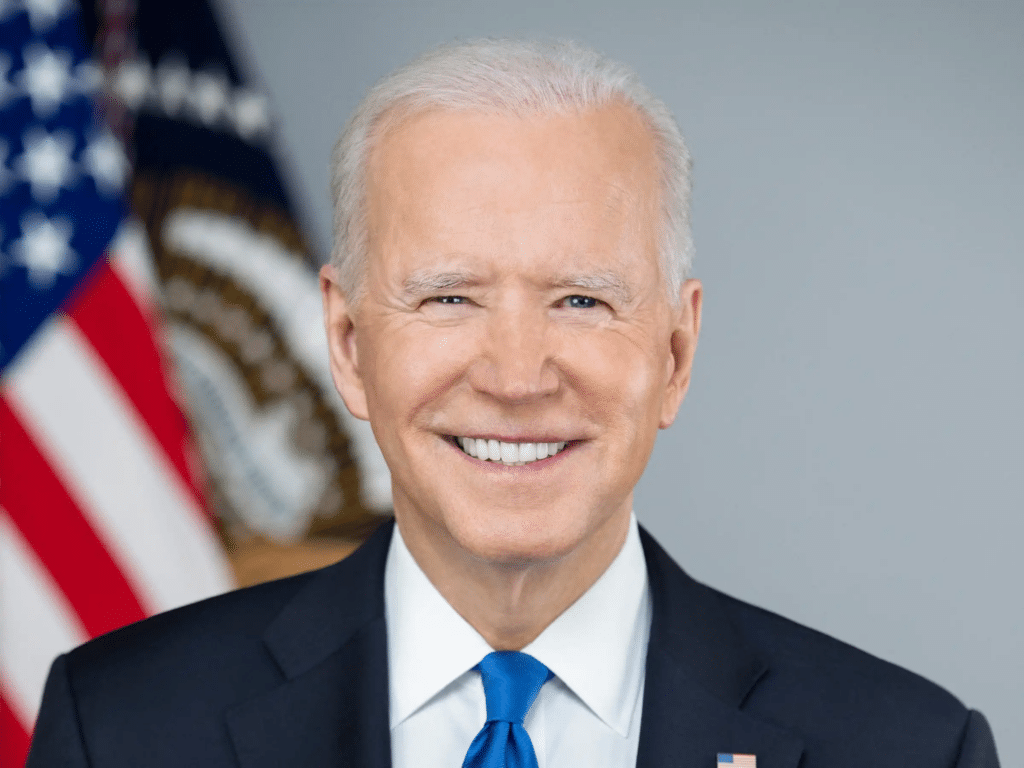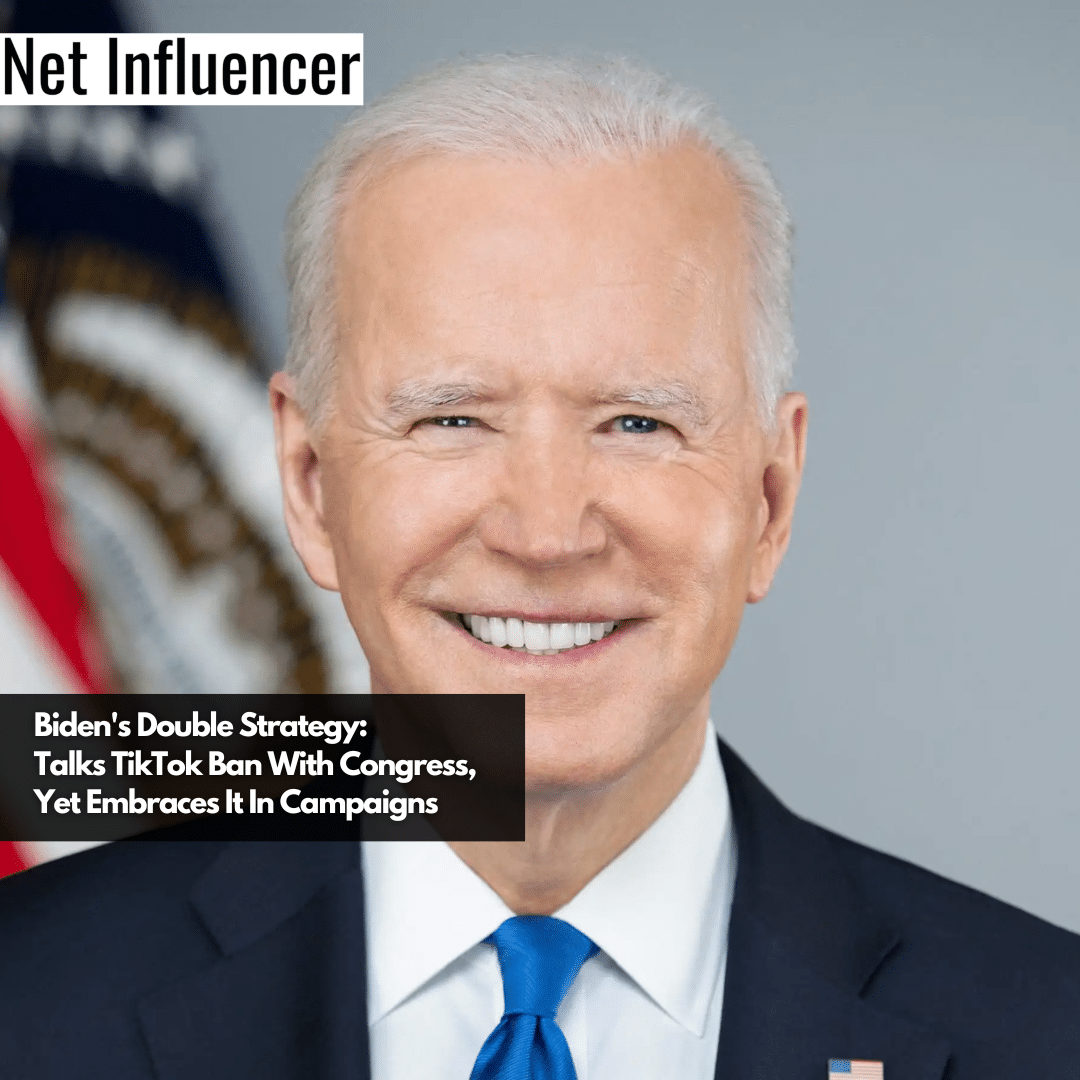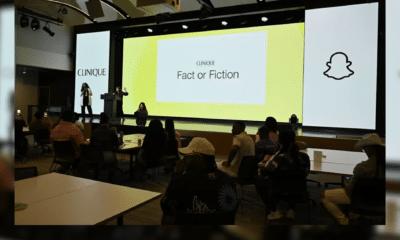Platform
Biden’s Double Strategy: Talks TikTok Ban With Congress, Yet Embraces It In Campaigns
Weeks before lawmakers introduced a bill calling on China’s ByteDance to divest the popular video app TikTok, American President Joe Biden’s re-election campaign officially joined the platform. This move highlights the enticing opportunity TikTok presents for reaching younger potential voters, even as its Chinese ownership raises national security concerns.

Biden’s Double Strategy: Talks TikTok Ban With Congress, Yet Embraces It In Campaigns
Candidates across the political spectrum recognize the importance of utilizing TikTok’s vast popularity with Gen Z and millennials. “If you want to reach younger people who are very apathetic, they’re on TikTok,” says Maggie Macdonald, a political science professor at the University of Kentucky.
However, TikTok’s connection to China through its parent company ByteDance poses a persistent problem for campaigns. Members of the House Select Committee on the Chinese Communist Party introduced a bill on March 5 that requires ByteDance to divest TikTok or face a U.S. ban, On Thursday, March 7, the Committee voted 50-0 to send the bill to the House floor.
Shortly after the committee advanced the bill, Republican Troy Balderson described TikTok as “a surveillance tool used by the Chinese Communist Party to spy on Americans and harvest highly personal data.”
TikTok CEO Shou Chew has denied in Senate hearings any ties between the app and the Chinese Communist Party. TikTok told CNBC that “the government is attempting to strip 170 million Americans of their Constitutional right to free expression,” predicting that it “will damage millions of businesses, deny artists an audience, and destroy the livelihoods of countless creators across the country.”
Nevertheless, Biden’s campaign team has assembled a dedicated TikTok squad to create viral content tailored to the platform’s youthful audience. Short videos tackle key policies like student loan forgiveness and climate change.
The president’s first video ridicules a conspiracy theory that he rigged the Super Bowl to somehow help his reelection. Since the intro post, his campaign’s TikTok account has amassed over 222,000 followers and noth of 2.4 million likes. Eight months out of the general election, Biden narrowly trails his rival Donald Trump in most national polls.
Yet, the embrace of TikTok runs counter to the administration’s contemplation of potentially banning the app nationwide due to data privacy and national security risks stemming from ByteDance’s Beijing roots.
White House press secretary Karine Jean-Pierre said the “bill is important, we welcome this step,” adding that the administration plans to “meet the American people where they are.” Biden confirmed on Friday that he would sign the bill should Congress pass it.
However, his campaign team did not give any comments. The divided approach exposes the issue campaigns face – alienating a crucial demographic by abandoning TikTok or overlooking safeguarding principles for election gain.
With elections just around the corner, these contrasting stances underscore an urgent need for unified policymaking to govern TikTok’s role in campaigns. Failure to reach a resolution fuels concern over TikTok’s algorithm distorting politics through content promotion biases. The app’s data collection practices put many on alert due to the possibility of foreign entities influencing the election outcome.
TikTok’s viral dominance in modern campaigning has prompted many experts and teams to consider the app as a key tool in the digital age. As the 2024 presidential contest heats up, the integrity of the entire process could hang in the balance.





















